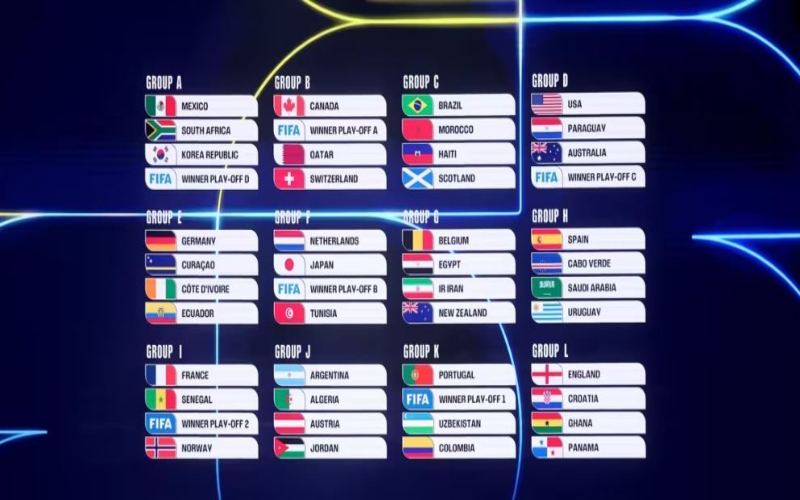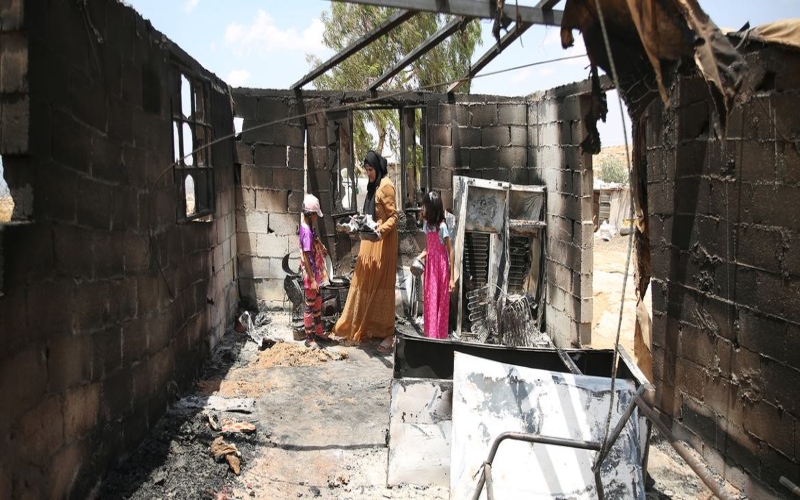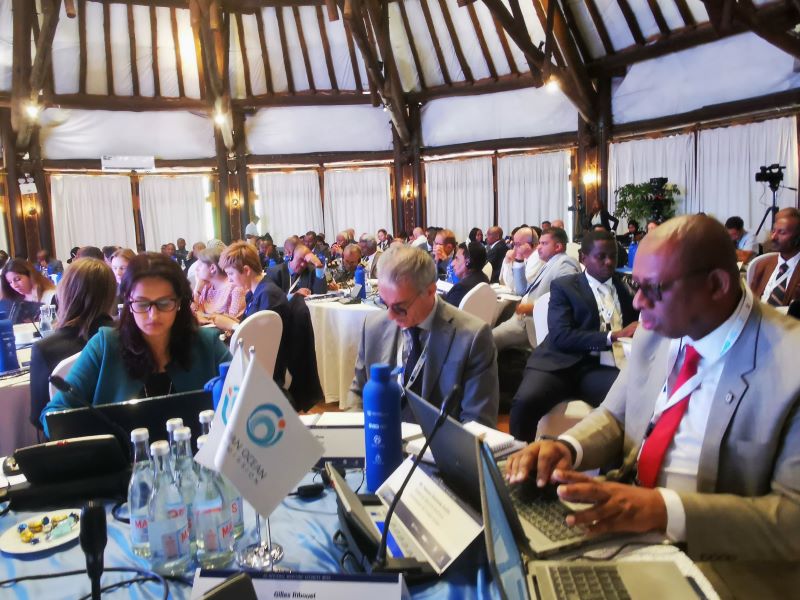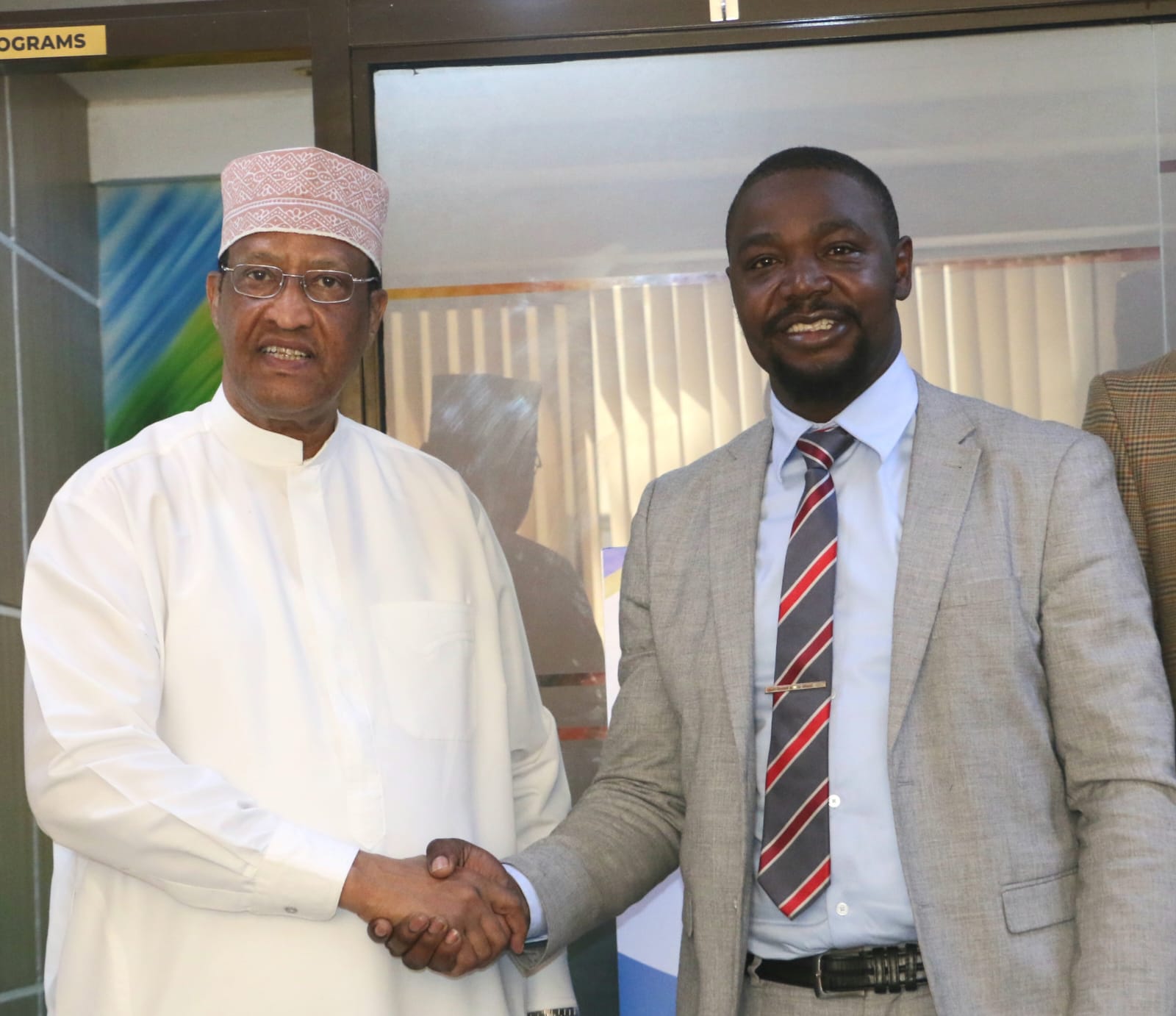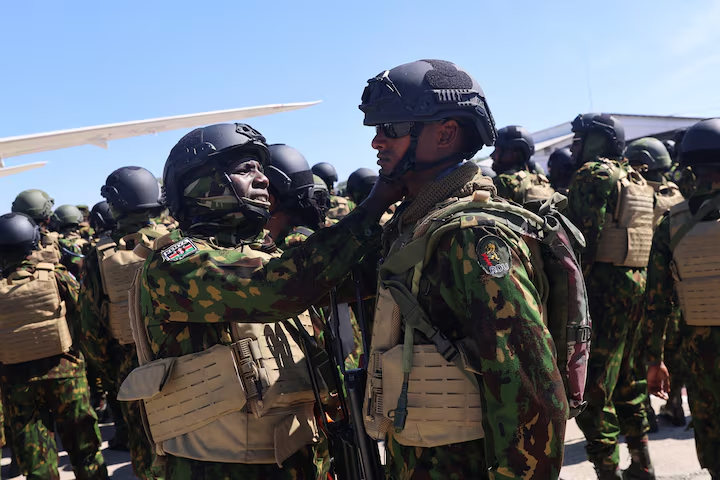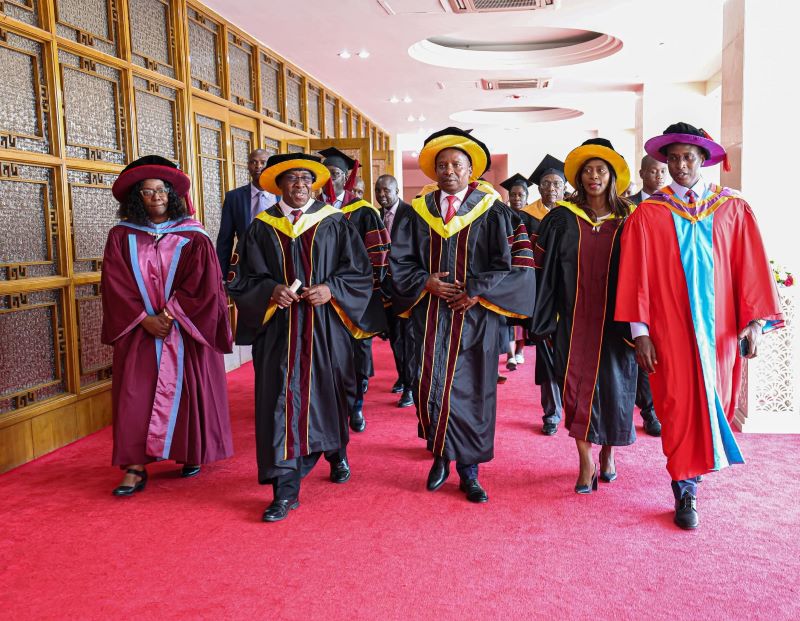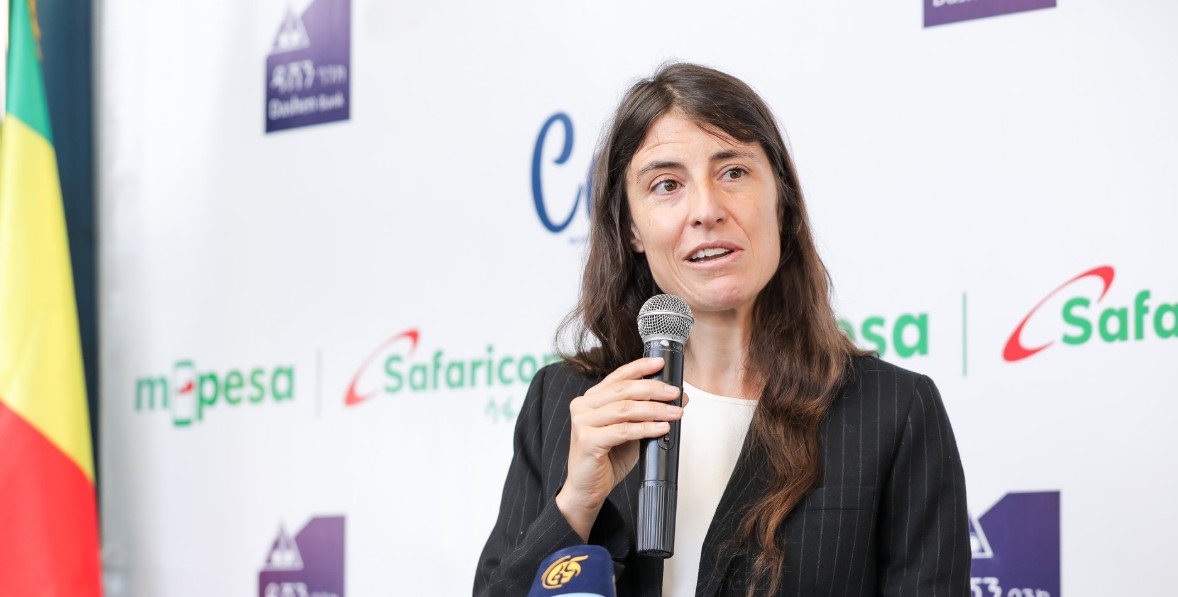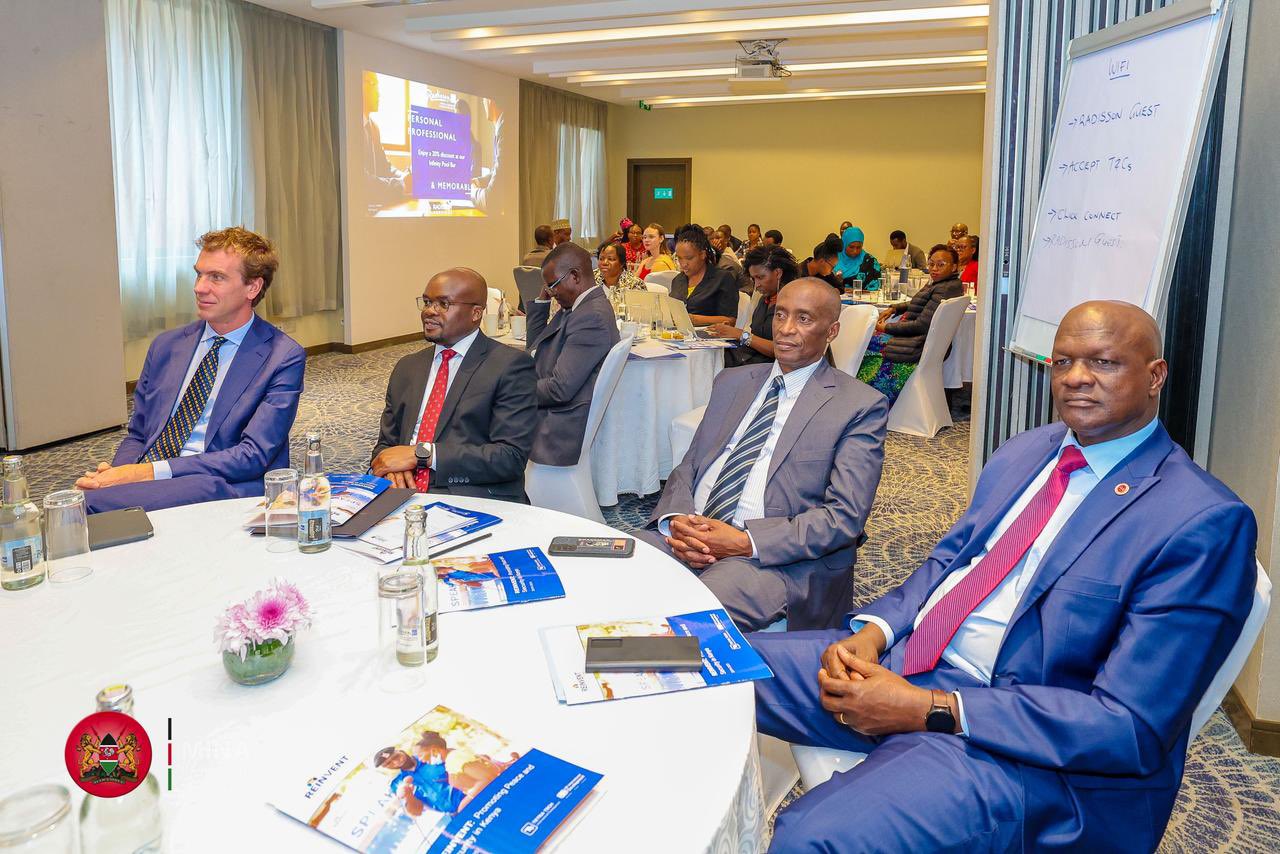Gen Z protest victim finally has bullet removed after 14-month ordeal
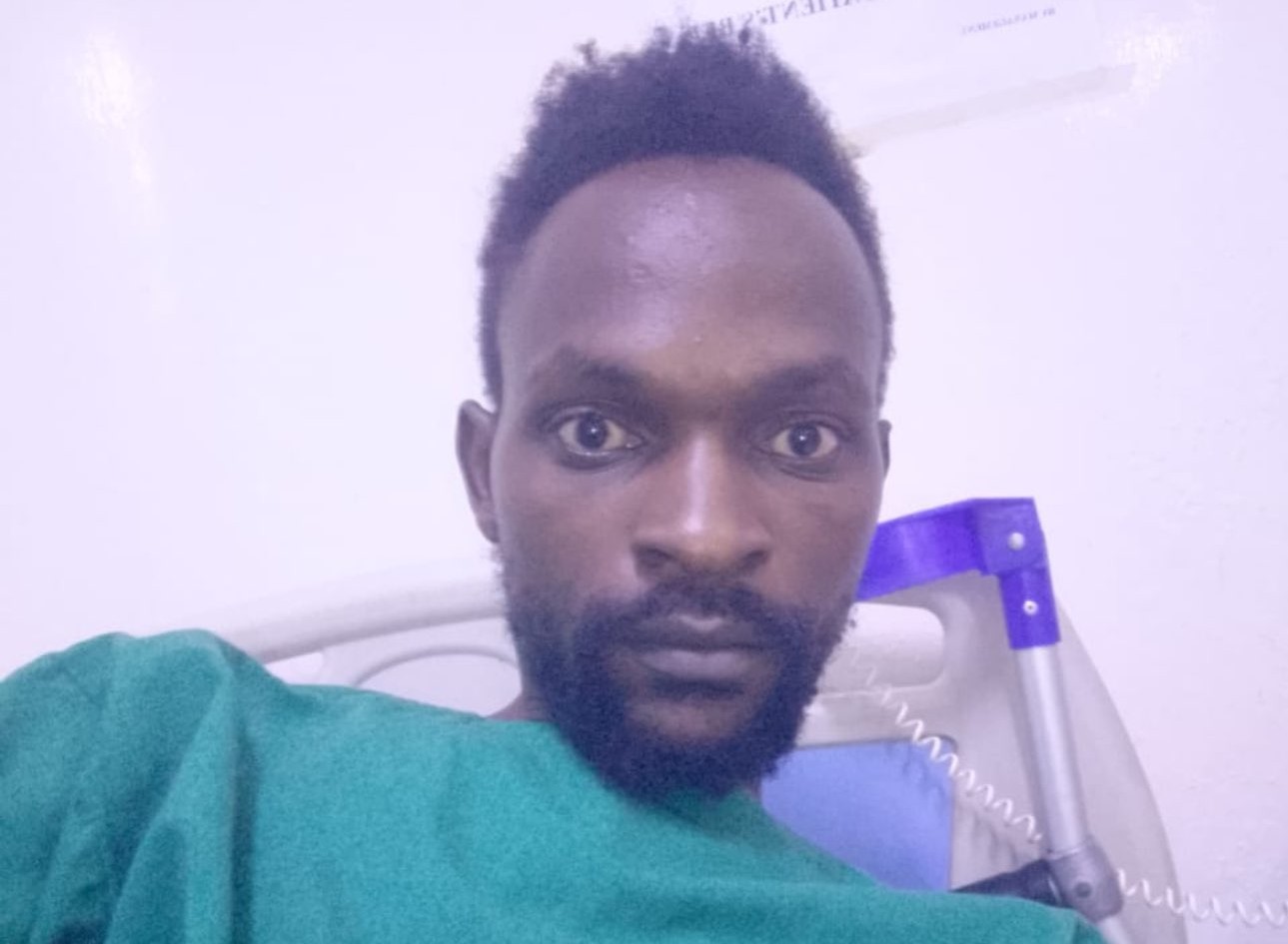
He was shocked to learn he had carried it for more than 400 days, contrary to Kenyatta National Hospital’s claim that fragments had been removed during surgery on July 16, 2024.
For over 14 months, every step, every movement, and even moments of rest reminded Samuel Kinyanjui of the day a police bullet tore into his body during the Gen Z protests in June last year.
On Wednesday, that chapter finally began to close as surgeons at Ladnan Hospital in Pangani, Nairobi, removed the bullet that had caused him constant pain and stolen his independence.
More To Read
- Amnesty exposes state-backed harassment network during Kenya’s 2024–2025 Gen Z protests
- Senators call for real-time CCTV monitoring in all cells to curb police brutality
- LSK’s Faith Odhiambo quits Ruto’s victims compensation panel over legal delays, court hurdles
- Family demands justice after kin dies in police custody in Migori County
- Panel on protest victims compensation moves to overturn orders freezing its operations
- LSK launches probe into death of Simon Warui in Mombasa police custody
The 20-minute procedure brought not just physical relief but also the one piece of evidence he had been waiting for in his fight for justice.
The bullet had entered through his right foot before settling deep in his gluteal region, leaving him unable to work and reliant on the kindness of friends to survive.
“Today is my happiest day because I have been yearning for this moment,” Kinyanjui said from his hospital bed, his voice a mix of exhaustion and relief as quoted by the Daily Nation.
“I know that with the bullet’s removal, the side effects will diminish. It was a straightforward surgery, and I’m relieved the bullet is finally out of my body.”
The intact bullet proved what Kinyanjui had suspected all along, that his initial treatment had not been truthful.
He was shocked to learn he had carried it for more than 400 days, contrary to Kenyatta National Hospital’s claim that fragments had been removed during surgery on July 16, 2024.
“What Kenyatta National Hospital told me was untrue. The bullet remained intact, completely whole as it was when it entered my body,” he told the Daily Nation.
The long ordeal cost him far more than his health. Without an income, Kinyanjui has leaned on friends like Kevin Njiiri, who is also nursing injuries from police violence, for shelter and daily support.
“I remain hopeful that IPOA will deliver justice,” he said.
“I still require artificial hip replacement surgery, and with mounting medical bills and my inability to work until fully healed, I desperately need assistance. I trust Ipoa will hold the responsible officer accountable.”
Njiiri, who has been hosting him while undergoing his own therapy, said the events that left them injured should push the government into real conversations with the youth.
“Our nation’s wounds remain open. We hope truth will speak to power, delivering the accountability, economic justice and anti-corruption measures we demanded, in honour of patriots like Samuel and other victims,” he said.
Edward Sang, the orthopaedic and trauma surgeon who performed the operation, said the surgery had been delayed by bureaucracy.
Initially scheduled for Monday, August 11, it was postponed after Kasarani Police Station refused to issue Kinyanjui with a police abstract, a requirement for the procedure.
He added that Kinyanjui would still need close follow-up to ensure full recovery.
IPOA investigative officer Emmanuel Lagat, who was at the hospital during the operation, said the removal of the bullet would give fresh momentum to the ongoing investigation.
Also present was Vocal Africa Rapid Response Officer Ojiambo Ojiro, who faulted the government’s focus on financial payouts in compensating victims. He said true justice would begin with understanding what victims actually want.
“Compensation must start with acknowledging what type of redress victims actually want,” Ojiro said.
“Some fought for better education; their compensation could be educational scholarships. We reject imposed compensation ideologies. We demand genuine redress that definitively ends police brutality.”
Top Stories Today
